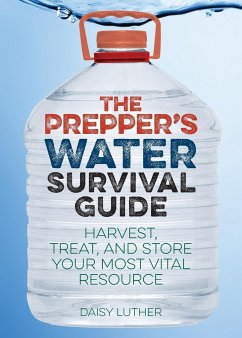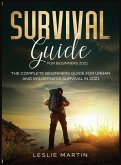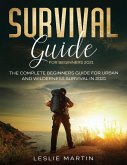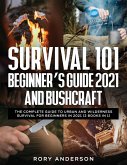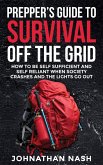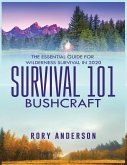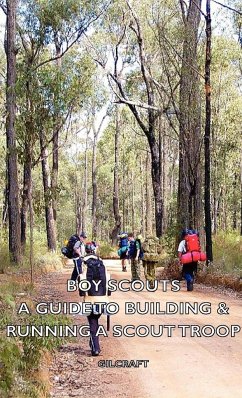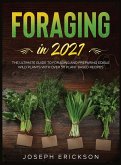NO SOURCE IS LEFT UNTAPPED IN THIS ALL-ENCOMPASSING GUIDE TO SUPPLYING LIFE-SAVING WATER AFTER A DISASTER You can survive up to three weeks without food, but only three days without water! When catastrophe strikes, having enough water can spell the difference between life and death. The Prepper's Water Survival Guide offers a step-by-step plan with straightforward information you can easily follow. Thanks to this book's laser-focus on water, you'll quickly learn how to: -Store fresh water -Collect rainwater -Purify water from lakes & rivers -Dig a well for groundwater In addition to harvesting water, you'll gain the tools to keep large stores untainted for long periods of time, test the water you collect for dangerous toxins, and treat water-related illnesses that are commonly contracted during a disaster.
Hinweis: Dieser Artikel kann nur an eine deutsche Lieferadresse ausgeliefert werden.
Hinweis: Dieser Artikel kann nur an eine deutsche Lieferadresse ausgeliefert werden.

